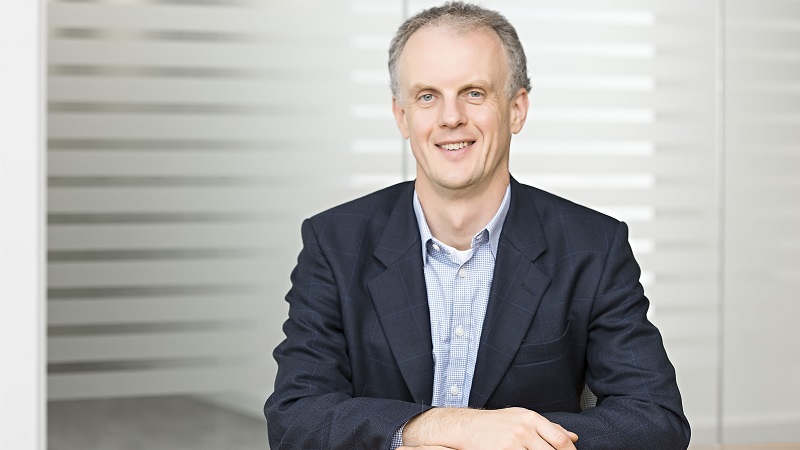Discretionary MPS assets are growing despite struggling to deliver strong returns, according to a report by NextWealth.
The MPS Proposition Comparison Report found that assets in discretionary MPS grew 12% over the year to 30 September, outpacing the 9% growth rate for adviser platforms over the same period.
According to Heather Hopkins, managing director of NextWealth, this highlights that discretionary MPS remains a strategic growth driver within the wealth management sector.
However, the report highlighted investment performance among discretionary fund managers (DFMs) as a concern, with one respondent claiming: “Clients are fed up with lacklustre returns. One year is okay but it’s starting to feel like groundhog day.”
Other market dynamics impacting MPS providers included price pressures, consolidation, and regulatory change.
See also: Defaqto names Timeline Classic – 50 as most recommended MPS by advisers
The report is based on data requests from 41 discretionary fund managers (DFMs), pricing analysis conducted across 313 portfolios, a survey of 244 financial advisers, and a survey of 40 financial advice professionals on compliance frameworks underpinning discretionary MPS.
Quilter WealthSelect was the top DFM for net asset growth, adding £2.6bn in the year to 30 September. Timeline Portfolios, which Defaqto named as the provider of the most recommended MPS among advisers, grew a net £1.8bn over the 12 months.
Tatton Asset Management remains the largest MPS provider, with AUM of £12.9bn.
Charges
The average MPS cost paid by end clients dropped to 60 bps over the 12 month period, down from 0.67% in 2022 and 1% in 2021.
Meanwhile, the average ongoing charges figure (OCF) has fallen to 40bps, a drop of 35 bps over the last three years.
Hopkins also noted that DFMs which charge less saw assets grow more rapidly over the 12-month period.
Firms charging a combined MPS fee and OCF of less than 0.8% grew by an average of 8% in the year to 30 September 2023, compared to negative growth for those charging 0.8-1% and 1% growth for those with charges over 1%.
See also: Research in Finance: 74% of DFMs and IFAs concerned about greenwashing
Advisers
NextWealth found 41% of advisers use discretionary MPSs and 24% expect to increase use in the next 12 months. The most popular combination among advisers is discretionary MPS and multi-asset/multi-manager solutions.
Despite the intended increase in use, the overall number of DFMs that advisers work with once again fell, with the trend accelerating with the introduction of consumer duty. Advisers now work with an average of 1.7 DFMs, down from 2.2 last year.
Heather Hopkins said: “This year’s report highlights the competitive nature of investment solutions, with MPS providing an increasingly attractive route for the advice profession. Financial advice firms are experiencing some significant challenges with an onslaught of more regulatory change expected.”











